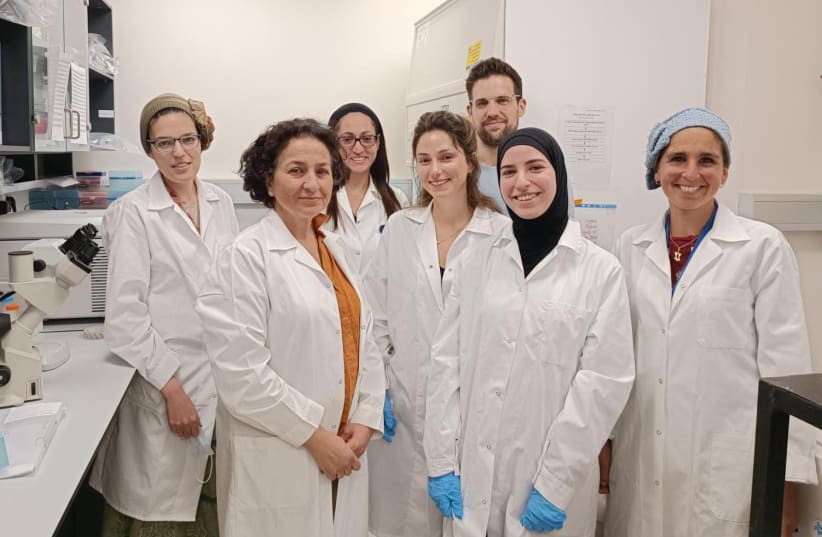Israel's first organoid (mini organs) bank was established at Hadassah University Medical Center in Ein Kerem on Tuesday.
The technology to grow organoids in a lab was discovered a few years ago, and now they are used for medical research and translational medicine around the world.
"An organoid is a three-dimensional multicellular structure that mimics the tissue, in terms of structure and function, from which it is derived," they explained.
"Organoids can be grown from embryonic stem cells, mature stem cells found in tissue, or [induced] pluripotent stem cells (iPSCs). Given proper growing conditions in the laboratory, stem cells follow the genetic program embedded in them to reproduce, differentiate and organize within the space. In this way, tiny structures that resemble the tissue from which they were extracted are created."
Establishing the bank

The bank was established by Prof. Eyal Mishani and is run by Dr. Myriam Grunewald and Dr. Liron Birimberg Schwartz, it contains organoids from existing patients that are ready for use.
The center will also be able to recruit new patients and collect samples from them.
"The establishment of the Organoids Bank is another significant step that Hadassah is taking to implement personalized medicine and effectively enable innovative and focused drug development."
Prof. Eyal Mishani
